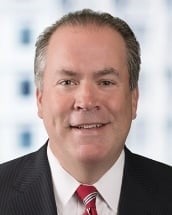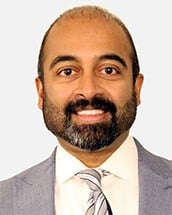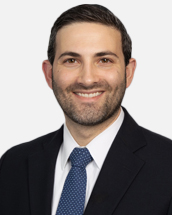In brief
The Federal Trade Commission has just announced its annual adjustment to the notification thresholds that determine whether proposed transactions may trigger a filing obligation under the Hart-Scott-Rodino (HSR) Antitrust Improvements Act of 1976, as amended. The corresponding adjustments to the HSR filing fee schedule also were included in the announcement. The adjusted notification thresholds and filing-fee schedule will apply to transactions that close on or after the effective date, which will be 30 days after publication in the Federal Register and no earlier than 26 February 2024.
Comments
Compliance with the HSR Act is critical. Earlier this year, the FTC announced the annual increase of the maximum civil penalty available for HSR Act violations from $50,120 to $51,744 per day, effective on the date of the publication of the Federal Register (10 January 2024).
Under the new HSR thresholds, a transaction may be reportable if the buyer will hold voting securities, assets, or non-corporate interests valued over $119.5 million as a result of the acquisition.
At this time, the Agencies are still in the process of considering proposed changes to the HSR form, which would significantly expand the information required to be collected and reported by transacting parties.
In depth
Under the 2024 thresholds, the lowest “size of transaction” notification threshold for any acquisitions of voting securities, assets, or non-corporate interests will increase from $111.4 million to $119.5 million. For transactions valued above $119.5 million but below $478 million, an HSR filing may be triggered only if the “size of person” test is satisfied. Transactions valued above $478 million may trigger an HSR filing obligation irrespective of the size of the parties involved.
The HSR Act “size of person” test, when applicable, generally will be satisfied if one party to the transaction has annual net sales or total assets of $239 million or more and the other party has $23.9 million or more in annual net sales or total assets. In each case, the operative “party” is the ultimate parent entity of the party to the potentially notifiable transaction.
| Notification Threshold | New (USD) | Current (USD) |
| “Size of Transaction” Test | $119.5 million | $111.4 million |
| “Size of Person” Test* | One party $239 million; Other party $23.9 million | One party $222.7 million; Other party $22.3 million |
| “Size of Person” Test is Inapplicable | $478 million | $445.5 million |
* Applies to each party’s annual net sales or total assets; if target is not engaged in manufacturing, only assets are considered in determining its size.
The updated HSR filing fee schedule, which increases the transaction threshold amounts for each fee range, for 2024 is:
| 2024 Adjusted Filing Fee | 2024 Transaction Value (USD) | Original Filing Fee | 2023 Transaction Value (USD) |
| $30,000 | Over $119.5 million but under $173.3 million | $30,000 | Over $111.4 million but under $161.5 million |
| $105,000 | Over $173.3 million but under $536.5 million | $100,000 | Over $161.5 million but under $500 million |
| $260,000 | Over $536.5 million but under $1.073 billion | $250,000 | Over $500 million but under $1 billion |
| $415,000 | Over $1.073 billion but under $2.146 billion | $400,000 | Over $1 billion but under $2 billion |
| $830,000 | Over $2.146 billion but under $5.365 billion | $800,000 | Over $2 billion but under $5 billion |
| $2,335,000 | $5.365 billion or more | $2,250,000 | $5 billion or more |









